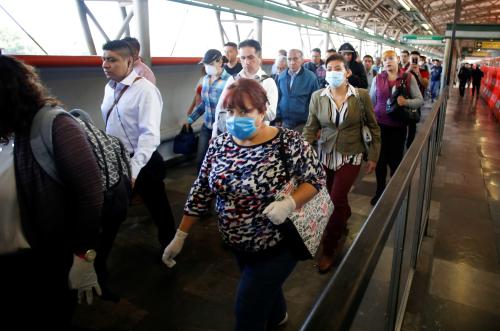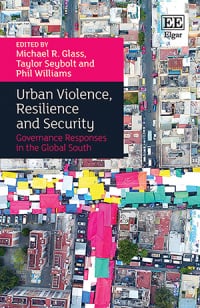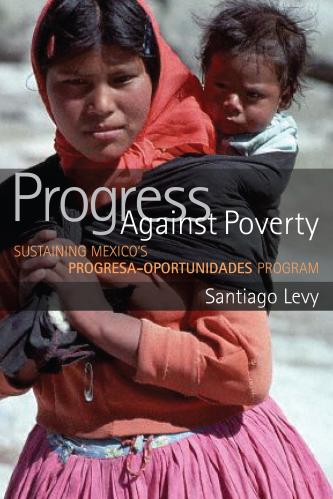Vanda Felbab-Brown explains how the lockdowns associated with COVID-19 raise the risks of domestic violence and murder in Mexico. This piece was originally published by La Reforma’s Mexico Today.
On March 8, some 80,000 women in Mexico marched to protest violence against women. A day later, many women stayed home away from work and public places to demand the Mexican government and society take actions to protect women from femicides and domestic violence. Then, as the coronavirus (COVID-19) started sweeping through the United States and Mexico, attention has been diverted to managing the dangerous pandemic. Yet, as evidence from around the world shows, the COVID-19-associated lockdowns and social distancing highly augment the risks of domestic violence and murder. Mexico must start acting now to prevent both immediate brutality toward women and to tackle the underlying causes.
In Spain, domestic abuse reports went up 18% in the first two weeks of COVID-19 lockdown. Similar reports have come from Italy, France, the United Kingdom, China, and the United States.
Domestic violence increases when families spend more time together, such as vacations. Time together exacerbates disagreements without providing the outlet of separation. The coronavirus destabilizes families’ financial situations, keeps children from going to schools, and limits access to health care, kids’ opportunities for play, and adults’ time apart. COVID-19-induced lockdowns and restrictions on accessing public spaces increase both stress at home and the tools of abuse. Egregious domestic abusers seek to control their victims by isolating them from family, friends, and sometimes even employment, maintaining constant surveillance over them, and controlling all aspects of their lives, such as clothing and food.
Isolation, such as that due to COVID-19, also weakens support networks. Police officials may be unavailable to come to a home where violence is reported. They may not be able to remove either the perpetrator or the victim as jails are emptied and shelters shuttered. Close quarters may prevent the privacy of reporting abuse.
Domestic violence and femicides were prevalent in Mexico before COVID-19. Since 2010, at least a thousand women have been murdered annually in Mexico, a country of 130 million. Between January and June 2019 alone, 1774 women were officially registered as murdered in the country — 10 women per day. In contrast, Germany, with the highest absolute record of femicides in the European Union in 2017 and a population of 83 million, registered 189 murders. It also has 7,000 places in shelters for abused a women, a number that is far lower than the demand in Germany but far outstrips Mexico’s capacity.
Mexico has had notorious waves of murders of women. In Cuidad Juárez in the 1990s, hundreds of women were tortured, raped, gruesomely slaughtered, and tossed to the side of the road. Surrounded by speculations of serial killers, “snuff” movies, and macabre initiation rites linked to local drug-traffickers, police, and politicians, the murders were never resolved. Between 2016 and 2017, 175 mostly poor women whose age ranged from early teens to over 80 were slaughtered in the oil-rich, highly corrupt, and organized-crime-infiltrated state of Veracruz. The Veracruz government failed to mount investigations, falsely alleging the victims were members of organized crime groups. The 35-year-old female Veracruz prosecutor, Yendi Guadalupe Torres Castellanos, who dedicated herself to compiling a femicide database in the state, was herself gunned down within three days of holding a public conference on the femicides.
Although Mexico has tougher penalties for femicides than for other murders, prosecution rates remain very low – only 1.6% in 2012-2013. With more prosecutors specially dedicated to violence against women, the effective prosecution rate may have inched up in some of Mexico’s states. But it still remains an order of magnitude lower than necessary to create deterrence effects.
Immediately, as COVID-19 progresses, the government of Mexico needs to take mitigation measures against domestic violence. It can designate shelters as essential services that do not shut down. But shelters, like all crowded spaces, such as dormitories and prisons, carry a high risk of infection. Better to hire hotel rooms as temporary shelters that allow for social distancing and safety from both abusers and COVID-19 spread, as some European governments have done. In the United States, banning alcohol sales during the pandemic has also been recommended – an unpopular measure but one with strong evidence of effectiveness.
To fundamentally reduce violence against women, Mexico must dedicate more specially-trained prosecutors to murders of women and prioritize those types of murders and other violence against women in prosecution efforts. If impunity for violence against women persists, no amount of public information campaigns and protests will adequately protect Mexico’s women.







Commentary
COVID-19 can augment violence to Mexican women
April 10, 2020